- home

- Publication & Resources

- Blog
- Quest to redefine my identity
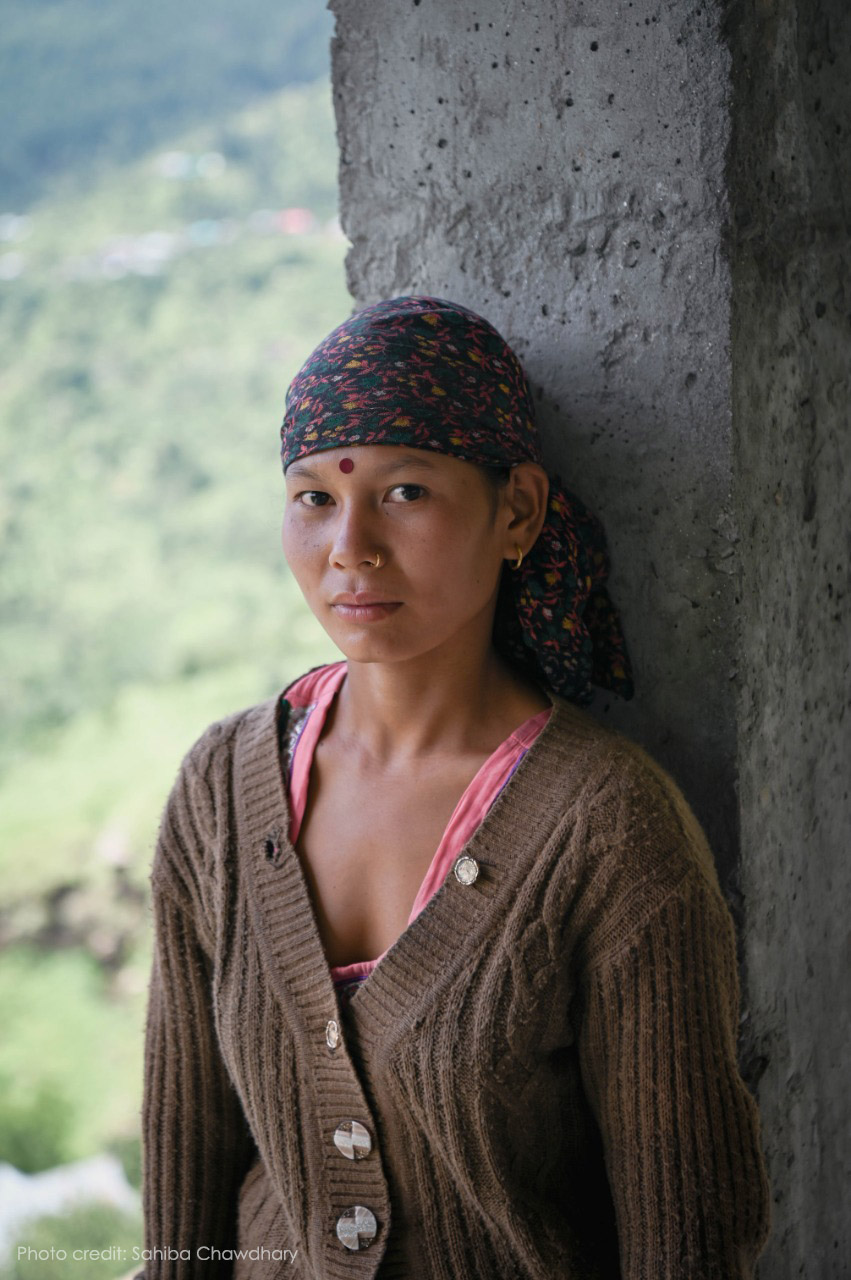
Quest to redefine my identity
21- year old Vimla Devi is a migrant worker from Nepal. She migrated to India with her family in search of better livelihood alternatives. However, her husband abandoned her, making her the sole caregiver of their children.
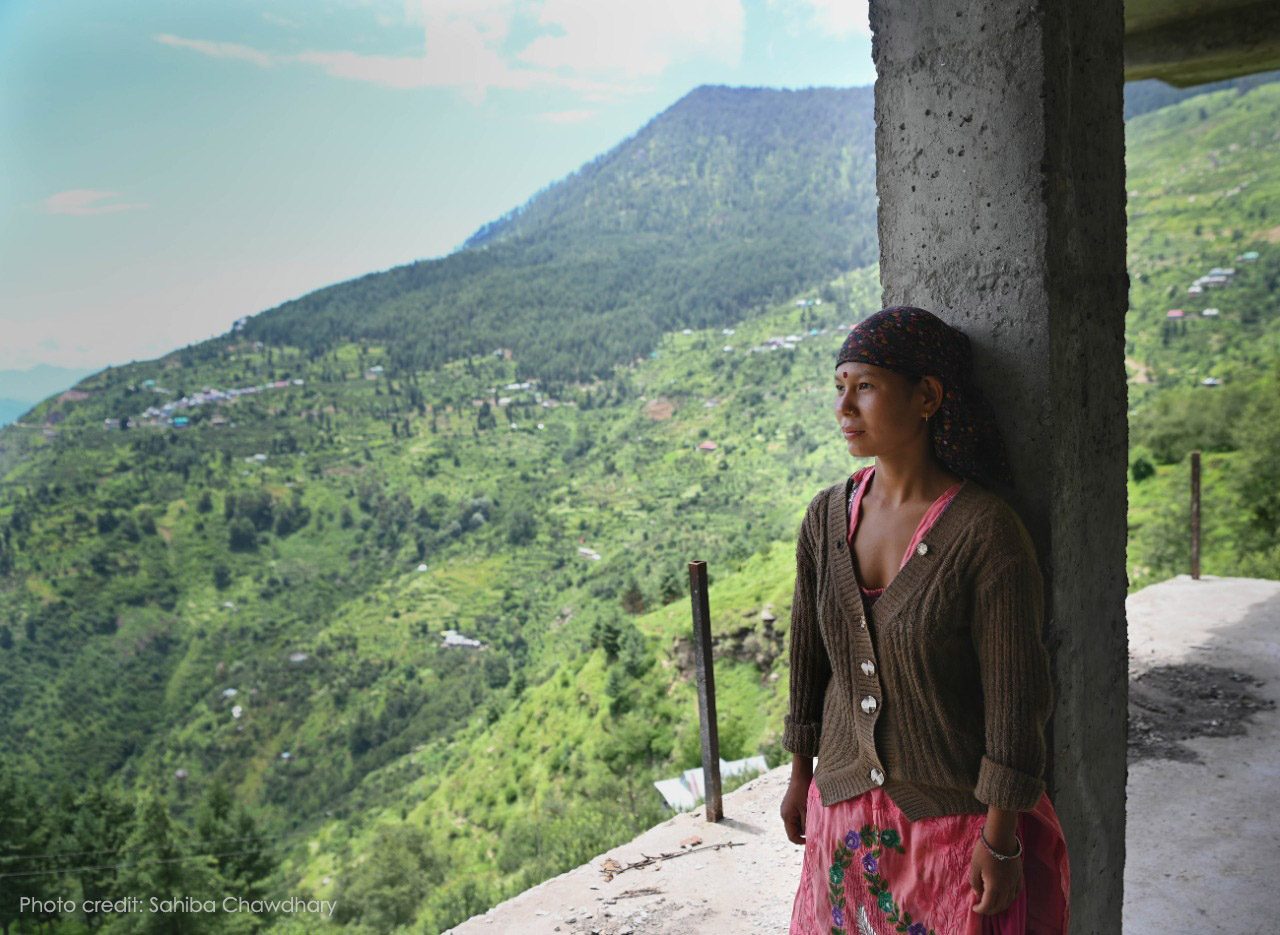
Patriarchy is a deeply engrained and highly normalised norm of our society. Women have often defined themselves with regards to men, living under their shadow when they were unable to fend for themselves.
However, Vimla Devi was committed to not fall into the malicious trap of the male dominant social strata that surrounded her. Her resolution to redefine herself by moulding her identity to her unique individuality helped her overcome the challenges that lay in front of her.
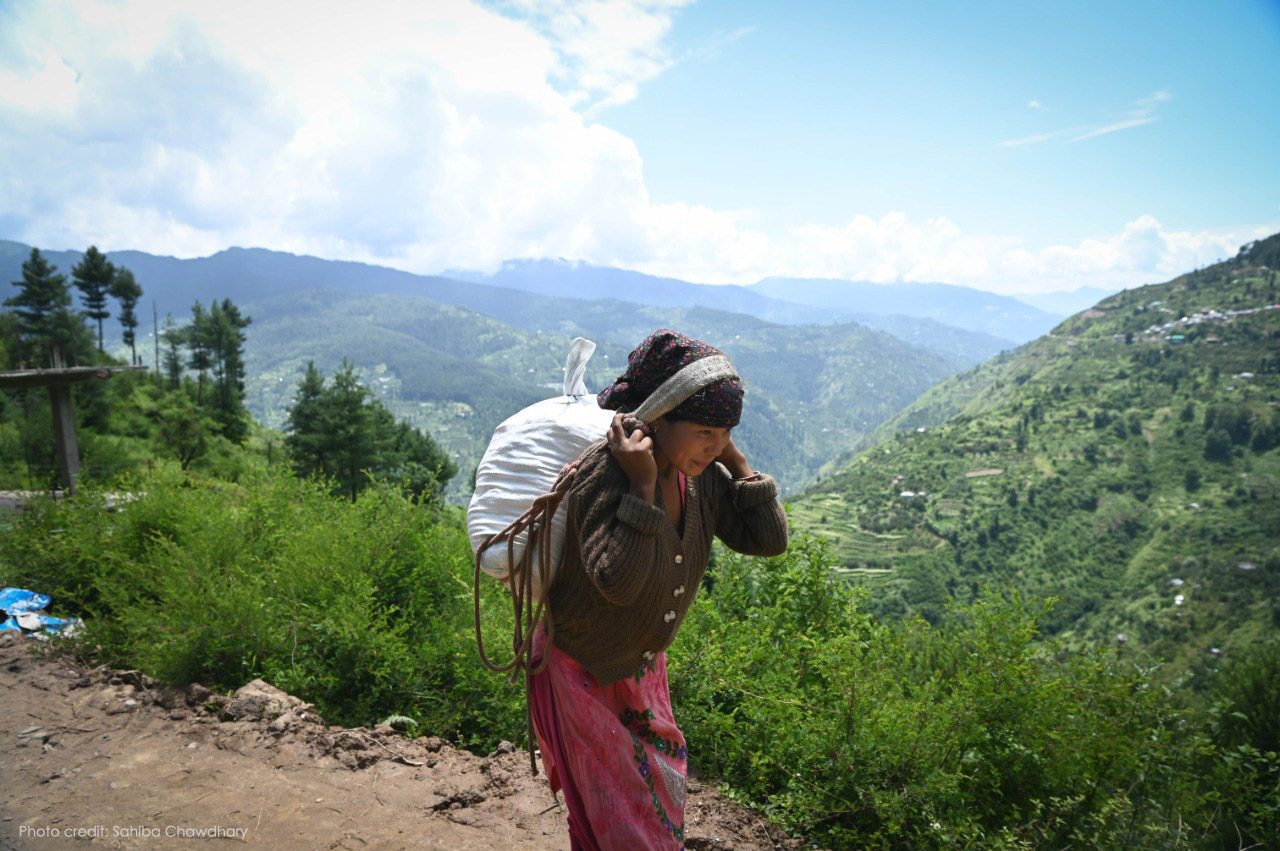
Things took a turn for the worst when the lockdown was imposed. The informal workforce of India, leading a hand to mouth existence, has been acutely affected by loss of jobs.
“I had faith in myself. I needed to provide for my family and I was determined to pave my path by myself.”
Vimla Devi resides in the remote village of Bosari, in Rohru region of Himachal Pradesh. She got connected with CASA’s ground partner Education Society for Information Technology (ESIT) that provided her daily wage work of digging and clearing roads in nearby remote villages.
CASA has come to the forefront by providing assistance to several migrants in Shimla, Himachal Pradesh, by linking them with the Municipal Corporation of Shimla, paving their way towards permanent jobs and providing them with assured monetary security.
Many women have been provided with the opportunity to stand on their feet and ensure sustenance for their families.
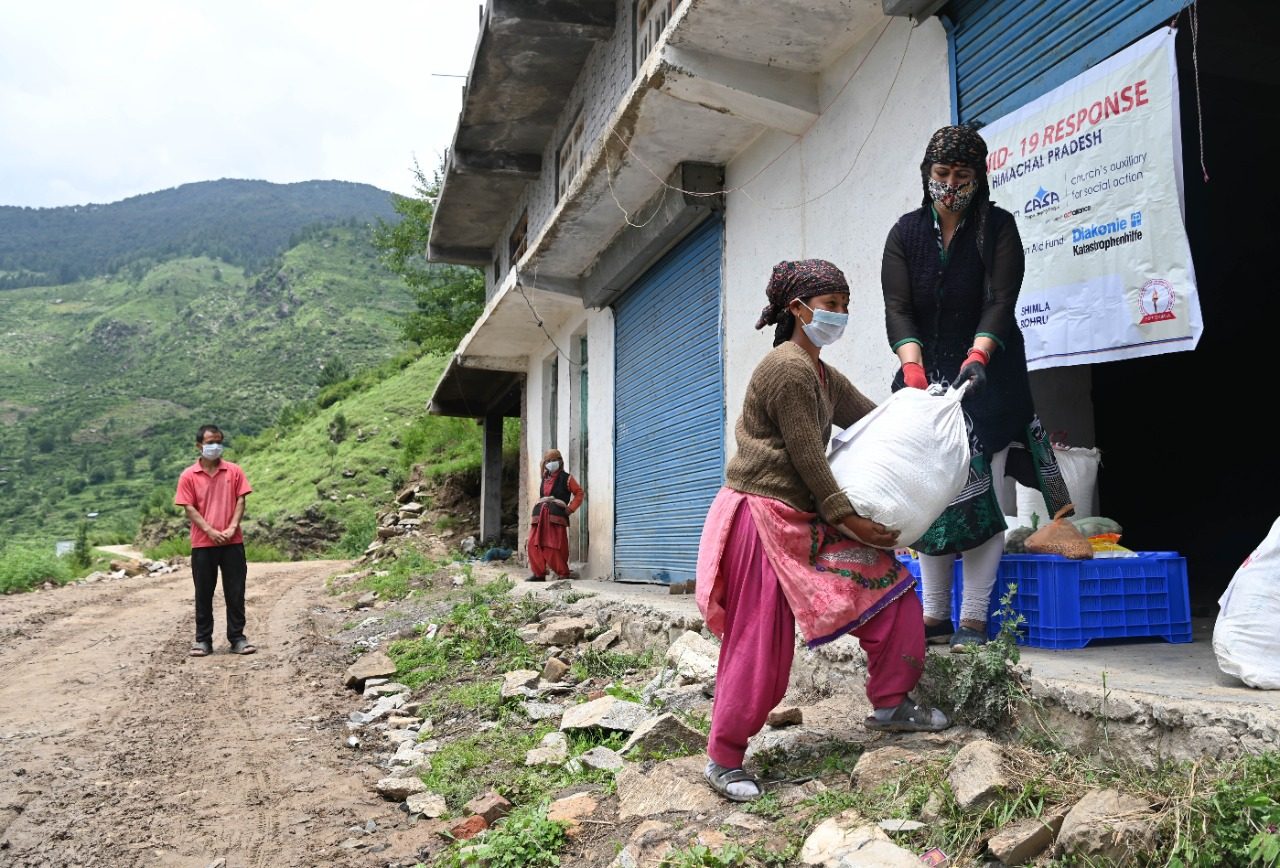
In these staggering times, migrant labourers have come forward, voluntarily, and taken up responsibilities of manual work, such as repairing unmetalled roads to mending rain water drainage systems, in exchange of dry ration and a monetary benefit of 1,000 rupees (given through bank transfer) provided by CASA, to serve their essential needs.
The dry ration and monetary help, along with government supported work, will give them food security and alleviate their situation in these staggering and difficult times.
CASA is relentlessly striving to not only provide for the unmet needs of the vulnerable communities but also to empower women to stand with conviction, independent and confident, for their families.
On the ground report by Sahiba Chawdhary, Photojournalist and Arushi Narchal, Assistant Manager, Digital Media
Written by- Isha Sharma, Intern, Communications
Edited by- Pankhuri, Communications Associate
 Previous Blog Post Mollifying the severe repercussions of the COVID-19 lockdown
Previous Blog Post Mollifying the severe repercussions of the COVID-19 lockdown In the Pursuit of Acceptance
In the Pursuit of AcceptanceFeatured Post

International Women’s Day -2021
8 Mar 2021
International Women’s Day -2021 is very special for CASA. It’s a delight to announce, CASA with the support of the Church of Sweden has launched an exclusive Gender Desk to emphasise the importance of Gender Justice work. CASA has been working for Gender Justice all throughout and across our constituencies in all these years. Gender Desk comes to add vigour […]

Overcoming Gender and Poverty Barriers
Poverty has been an inevitable problem in India since the beginning of time. The increasing problems of poverty caused by overpopulation and the unequal distribution of wealth among the people have led to a huge impact on the life of millions in the rural as well as the urban area. A person has to acquire […]
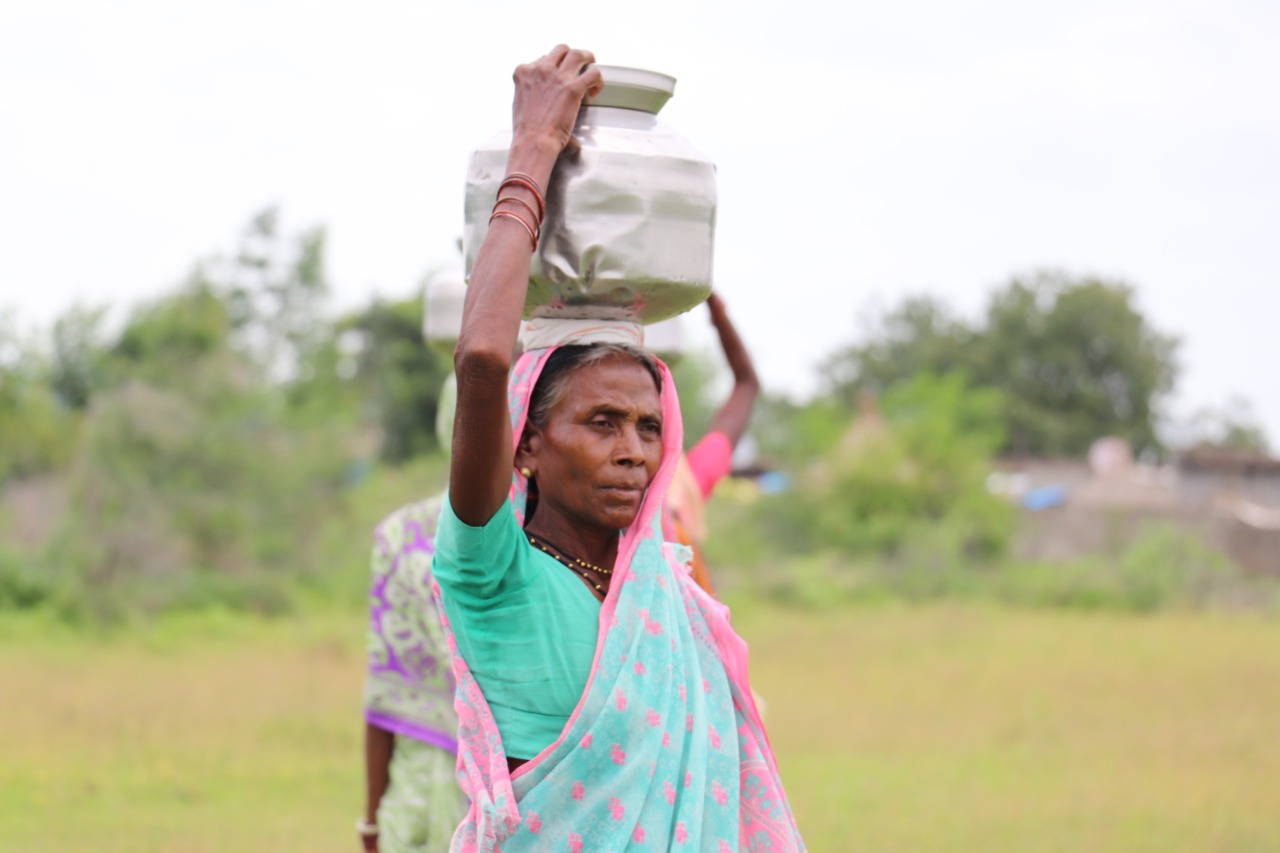
Impact of Climate Change on Women
16 Jan 2021
Climate change is a prevailing problem globally whose hazardous repercussions extend beyond the environment. Shrinking glaciers, extinction of plants and animal species, mutation, rise in the Earth’s average temperature and triggered seasonal fluctuations, are some of the impacts of climate change that have already grabbed the headline. Certain early predictions pertaining to climate changes had […]



